9 everyday ingredients experts warn you should never pour down the kitchen sink
From the more obvious oils to the surprising baking staples, experts reveal the top ingredients to avoid pouring down drains
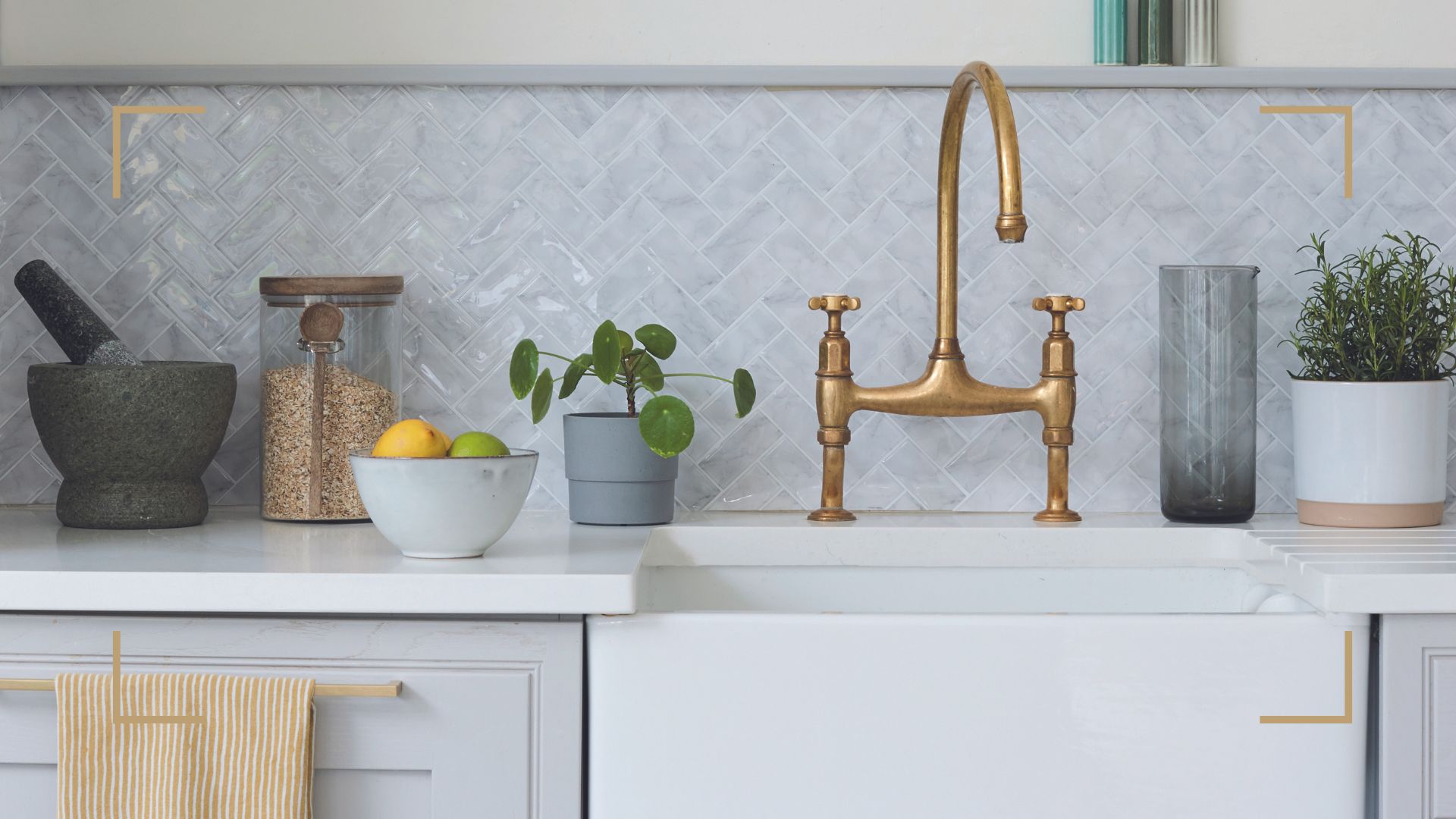

Prevention is better than cure, so it's important to take note of the everyday ingredients you should never pour down drains to escape the possibility of any problems arising with your kitchen sink.
The dependable kitchen sink is probably the most functional aspect of any kitchen and yet one we often take for granted, until it becomes blocked – then all of a sudden attention focuses on fixing the problem.
Of course, it's not just major blockages that cause problems, when the pipes are obstructed you can start to trap bad smells that will find a way out into your kitchen via the sink plughole which unfortunately no handy kitchen cleaning hacks can deal with sufficiently.
So to avoid the unwanted aroma of 'Eau de drains' arising from your kitchen sink take note of the everyday ingredients you should never pour down the drains or waste disposal.
9 things you should never pour down the kitchen sink
Whether you are preparing meals or cleaning up afterward, naturally waste will occur and often the easiest solution is to wash it down the drain. However, there are a host of everyday ingredients and things you should never pour down drains because they could cost you in the long run as you’ll likely need to seek professional help to unblock the pipes.
"Even though garbage disposals can help you with blockages and there won’t be any plumbing problems the first time if you do that repeatedly, it’s inevitable that there will be unpleasant consequences," warns Toni Yordanov, a plumbing service manager at Fantastic Services.
Here are the worst things to pour down the kitchen sink...
Sign up for the woman&home newsletter
Sign up to our free daily email for the latest royal and entertainment news, interesting opinion, expert advice on styling and beauty trends, and no-nonsense guides to the health and wellness questions you want answered.
1. Cooking oils and fats
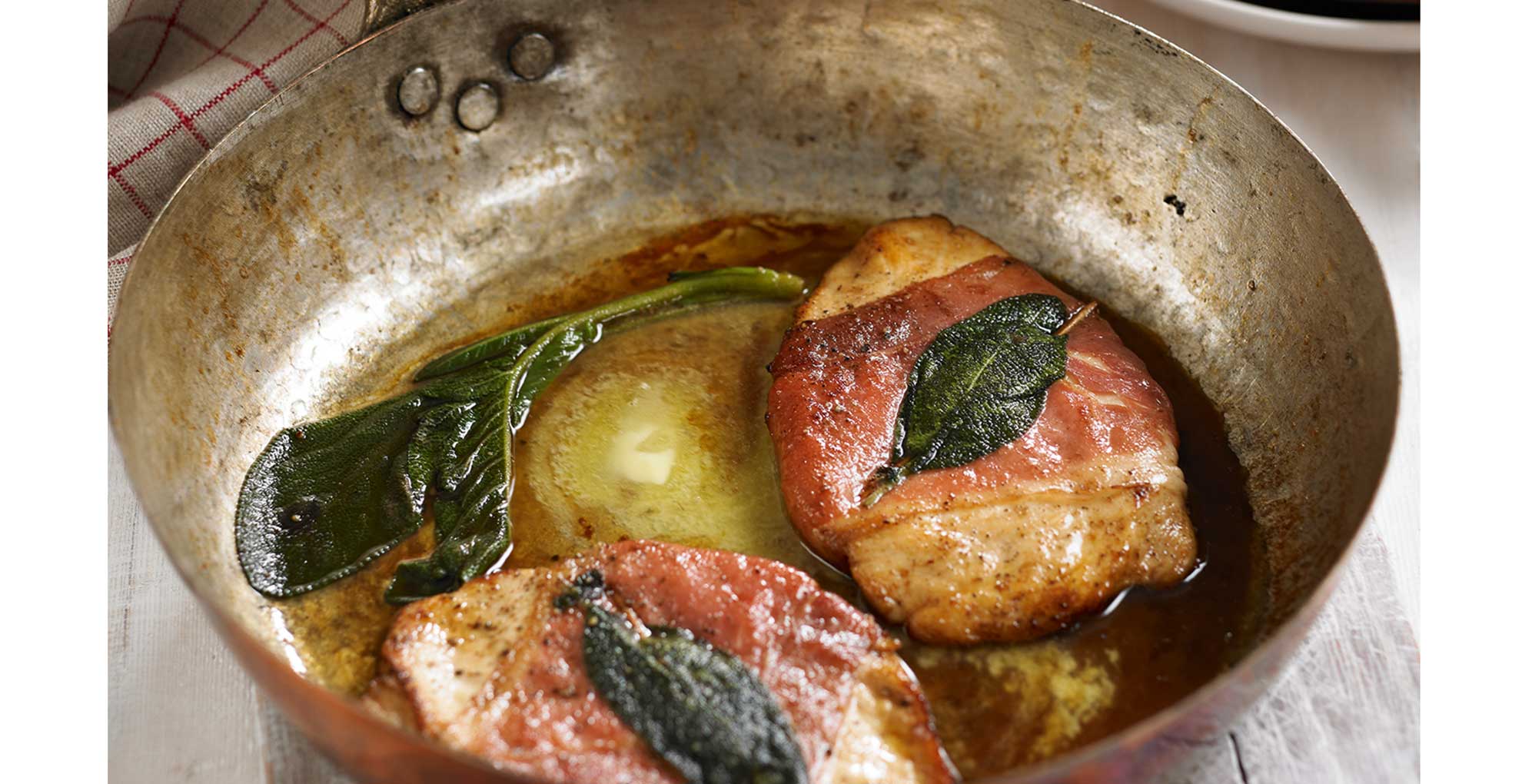
The worst culprit by a long shot has to be grease, mainly from cooking oils and fats. Ask any plumber, as we did, and they will tell you the the most common cause of all kitchen sink blockages is that of grease from cooking oils that get rinsed away down the plughole.
"Grease and oils are actually one of the most common causes of blocked drains," explains Toni. "They may seem harmless when they're hot and in a liquid state, but when they cool down, they solidify and will coat the inside of your pipes, causing blockages by building up over time."
"It's highly recommended to avoid pouring any type of grease down your kitchen drains, such as cooking oils, bacon fat, or leftover frying oil. To prevent that and dispose of these ingredients properly, consider installing a grease trap that can catch it if it goes down your kitchen drain."
Alternatively, make sure any grease or oil is completely cooled down and in a solid state so you can wipe it away and throw it in the trash can – avoiding the sink altogether.
2. Pasta, rice and noodles
All of these staple cooking ingredients are a potential blockage waiting to happen, and all for the same reason. As Peter Clayton, from Trade Plumbing explains: "Pasta, rice, and noodles all continue to absorb water and liquids after cooking, so with constant water pouring down the drain this food will keep expanding."
"After a while, the drain will become blocked due to the food's stodgy consistency, this can also lead to further debris becoming stuck worsening the blockage," Peter warns. "In addition, this accumulation of food is bound to create an unpleasant stench that will linger if not removed."
Avoid pouring these starchy foods down the drain to dispose of them, instead, it’s best to wipe all utensils and kitchenware down with a damp cloth directly into the trash before washing. This also makes the task of cleaning your kitchen sink easier.
3. Flour
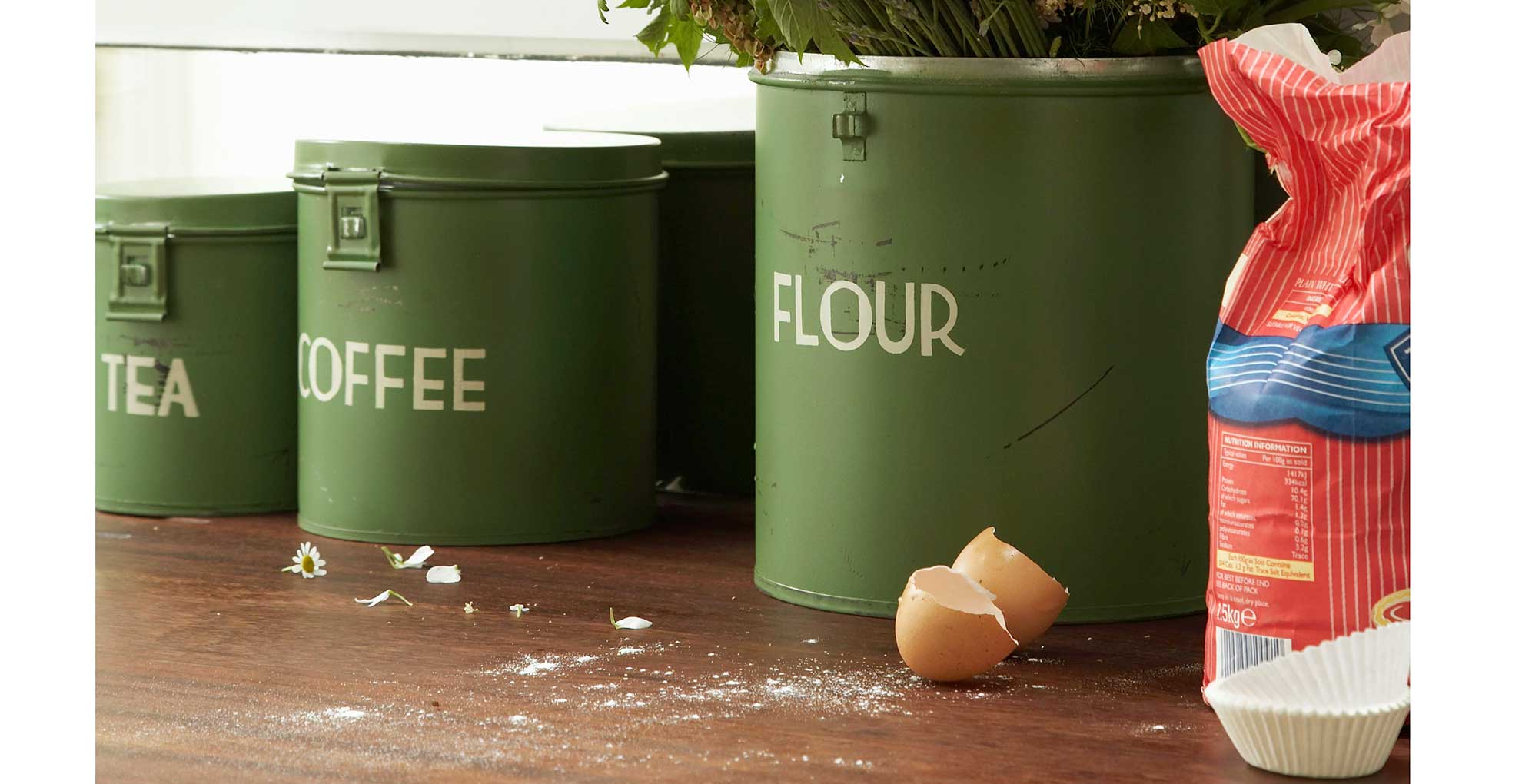
Flour, a common kitchen staple kept in most organized pantries for baking, is another highly common culprit for causing problems when poured down the kitchen sink because it coagulates when mixed with water.
“It’s highly advisable not to pour flour down the drain,” says Toni. “When flour is mixed with water, it forms a thick and sticky substance.” This doughy, glue-like substance is then hard to rinse away effectively and therefore ends up coating the inside of the drains causing blockages.
“Sometimes, even a strong water flow may not be able to wash it down because it’ll be stuck to the walls of the pipes and it may have collected other debris over time, creating a sticky clog.”
4. Fibrous vegetables
Fibrous vegetables can cause problems due to their texture, as Toni explains: “Vegetables such as celery, onion skins, corn husks, and artichokes have stringy fibers that can wrap around your waste disposal blades, causing them to malfunction."
"Additionally, these fibers don't break down easily and can lead to clogs in the drains," Toni explains. "To prevent plumbing issues, dispose of them in the trash or consider composting them.”
5. Coffee granules
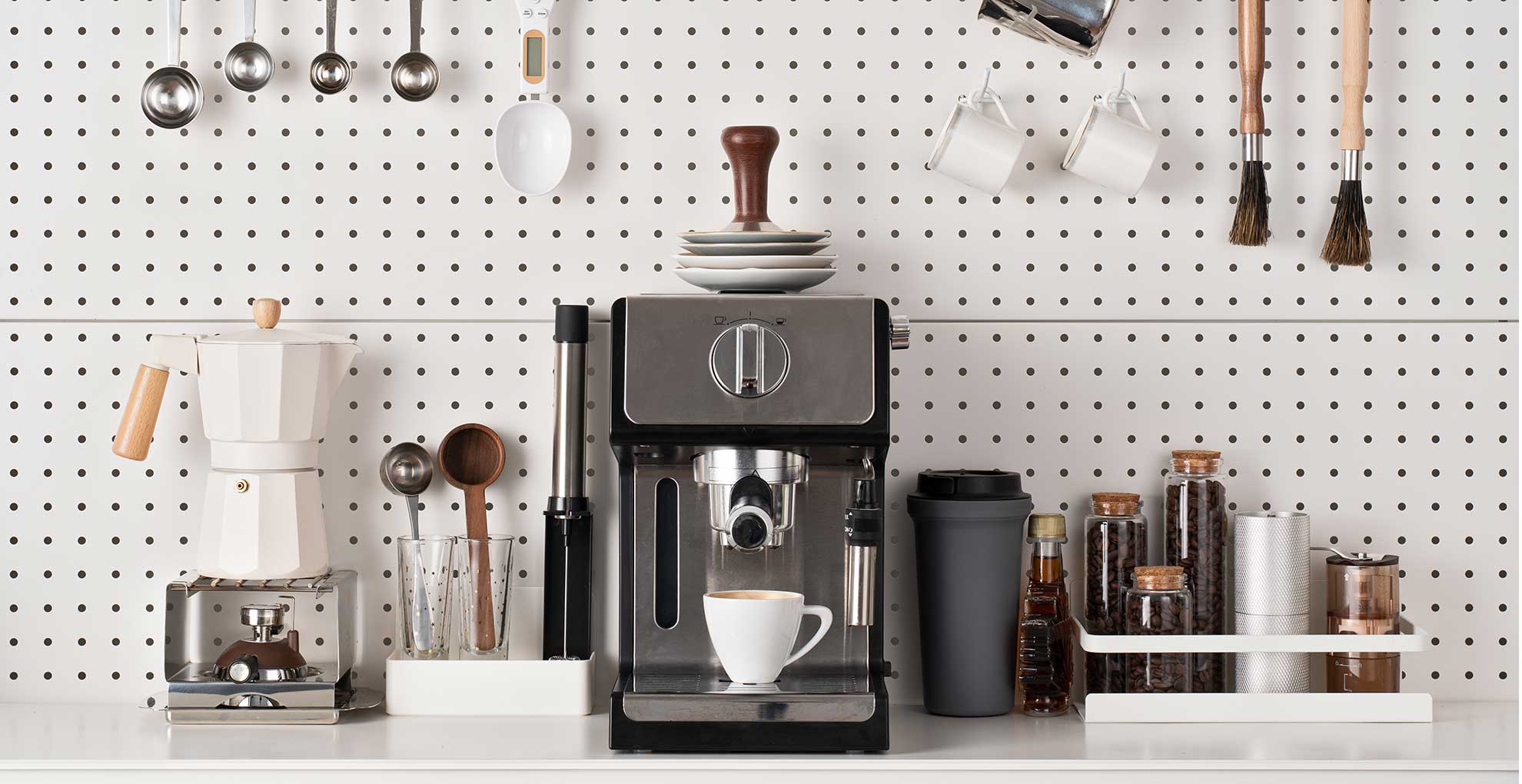
If brewing a fresh pot or firing up your best barista-style coffee machine in the mornings is part of your everyday routine, take note that when it comes to cleaning any components involved – coffee grounds are one of the things you should never pour down the drain.
"Coffee granules don't break down when in contact with water, which makes them a huge problem for drains," explains Peter. "If coffee granules get put down the kitchen sink they clump together and become hard to wash down."
"Over time these clumps, along with other debris, create a blockage in the drain. Often these blockages compact together which can make them a nightmare to remove".
Dispose of the coffee grounds directly into the trash or consider using them in compost. Then take a damp cloth and wipe away any traces of the granules before rinsing the coffee machine parts or your cafetiere under the tap.
6. Grains and seeds
After cooking your quinoa or lentils for supper it can be all too easy to rinse the strainer and post-dinner plates over the kitchen sink because the leftover ingredients are so small and seem insignificant – wrong.
“Grains and seeds are everyday ingredients that are commonly seen floating down the kitchen drain because they don’t seem dangerous. However, both of these items take some time to decompose and while they stay intact, they can build up in the plumbing pipes and block them and the filters," Toni explains.
For this reason, it’s safest to throw them directly in the trash after pre-wiping any cooking utensils or dinner plates before you proceed to wash them.
7. Fruit peels and pits
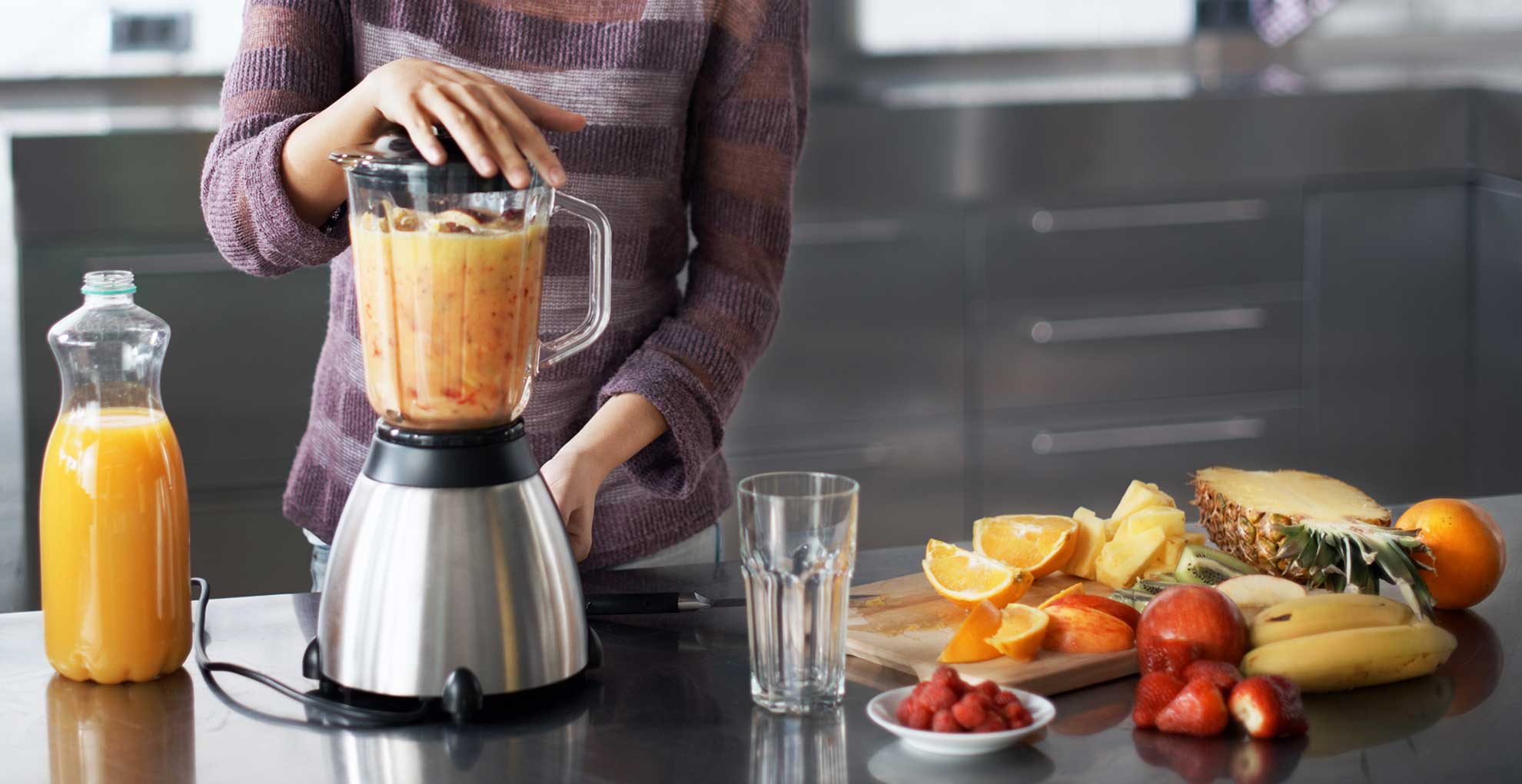
Consider when you're cleaning your best blender or cleaning your food processor, are there lumps that you need to remove before you rinse? “Although fruit peels may initially appear harmless, they can stick to the inside of the plumbing pipes and create obstructions," says Toni.
"Similarly, fruit pits are hard and can damage your garbage disposal blades and get stuck in the pipes. It's safest to discard fruit peels and pits in the trash or compost them."
8. Eggshells
Sometimes when there's a messy job such as breaking eggshells it can feel easier to wash away the remains left around a mixing bowl or on the side of an eggcup but this could cost you in the long run.
"While eggshells are biodegradable, they can easily stick to the inside of the pipes and create obstructions," warns Toni. "To prevent that, it's safest to dispose of eggshells in the trash or utilize them in composting similar to coffee grounds."
9. General food remnants
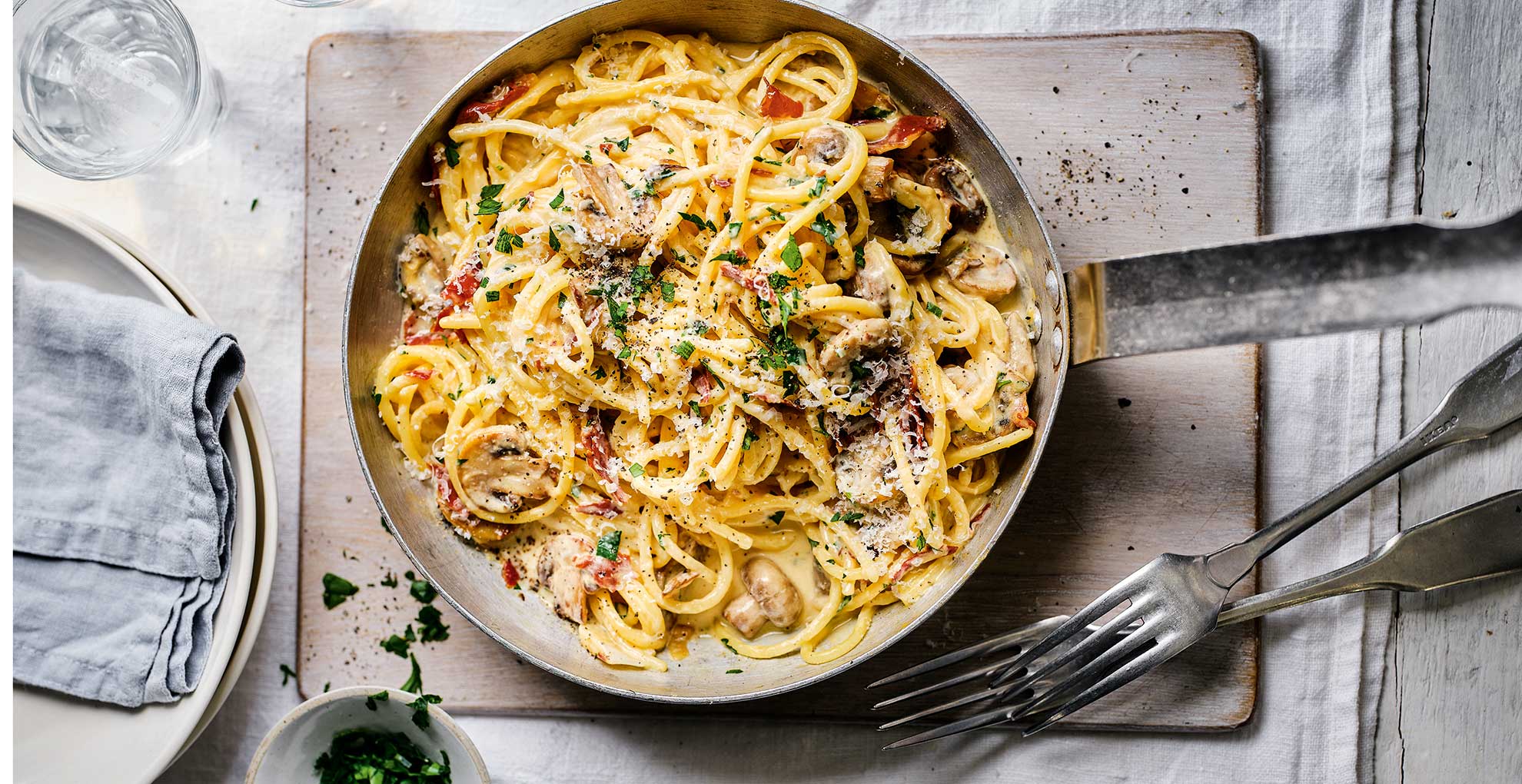
It might seem like an obvious one, but it's surprising how much we rinse off our plates after dinner with the assumption that it will flush through the pipes with ease. However, that is so often not the case.
Even the smallest of food scraps can become lodged in the drains, building up and over time you'll soon notice the problem – to be honest you'll smell it first.
"Any food blockage in your kitchen drain is bound to result in lingering smells," warns Peter. "Often when food debris accumulates it can result in the creation of mold over time, this will lead to foul smells." And nothing ruins your efforts to make your house smell good than the phosphorus smell emitting from the kitchen drains.
Peter also warns, "Furthermore, this can have more consequential impacts as often smells from food debris can mask more serious scents such as sewer gas, if not fixed this can impact homeowners health".
You might also be interested in the 15 things you should never put in a microwave and the 13 things you should never clean with vinegar.

Tamara is a highly experienced homes and interiors journalist with a career spanning over 22 years. Now the Lifestyle Editor of womanandhome.com, she previously spent 18 years working with the style teams at Country Homes & Interiors and Ideal Home. With these award-winning interior teams, she gained a wealth of knowledge and honed her skills and passion for styling and writing about every aspect of lifestyle and interiors.
A true homes and interiors expert, Tamara has been an ambassador for leading interior brands on multiple occasions, including appearing on Matalan’s The Show and presenting at top interior trend forecasting events such as the Autumn Fair and Spring Fair.
-
 We're in awe of Sienna Miller's easy-going and 'piece-y' hairstyle and how perfect it is for spring
We're in awe of Sienna Miller's easy-going and 'piece-y' hairstyle and how perfect it is for springThis laid-back hairstyle is - quite literally - making waves this season
By Naomi Jamieson Published
-
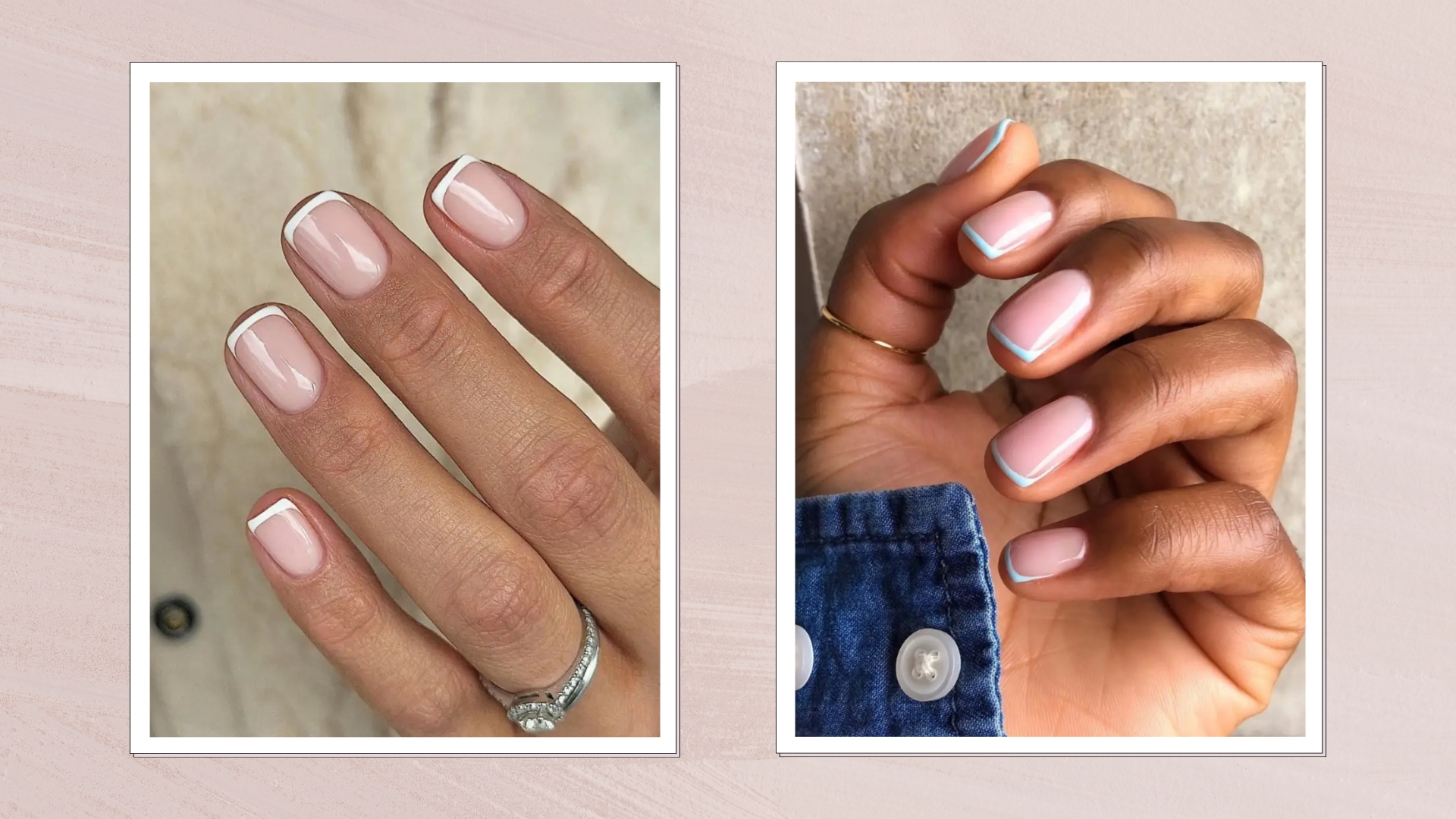 We never thought we'd see this 'dated' manicure make a chic comeback, but here it is - and we're on board
We never thought we'd see this 'dated' manicure make a chic comeback, but here it is - and we're on boardClean and angular, short square French tips are a go-to this season for a practical but stylish manicure...
By Naomi Jamieson Published